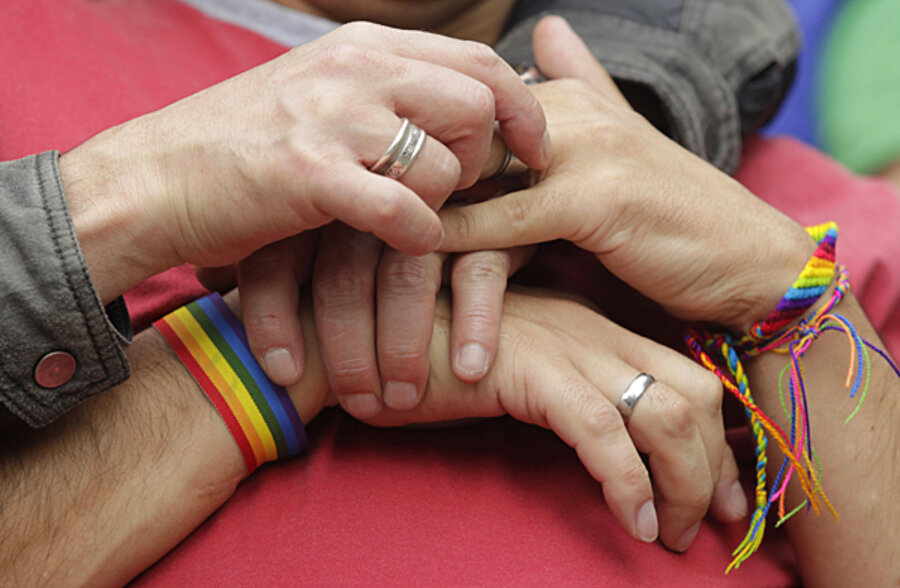What: : the first private company to offer same-sex benefits
The New York City-based Village Voice Newspaper Group has always been known for its progressive tone, but in 1982 it made waves itself by becoming the first private company to offer same-sex benefits. Here is what reporter Arthur Lazere wrote in his syndicated column “On the Job” about the move in 1984:
Jeff Weinstein, an employee of the paper and shop steward for the publishing local of District 65 UAW, negotiated and won agreement in the union contract to extend health, life insurance, and disability benefits to the "spouse equivalents" of its union members. A spouse equivalent is defined as a lover or mate of whatever sex who shares a household with the employee. According to the agreement, spouse equivalents of members at the time the benefit was instituted had to sign an affidavit to be eligible for immediate coverage. New employees need to register their spouse equivalents for one year before the coverage takes effect. The Voice benefits are union administered and the union is self-insured. The employer pays the cost of these benefits.
"There have been no problems," said Mr. Weinstein. "The company is proud of it; the union is proud of it; everybody at The Voice wanted this."
According to Mr. Lazere, 16 of The Voice’s 140 employees had taken advantage of the benefits by 1984. Companies such as the APA Insurance Trust used The Voice’s model to roll out same-sex benefits in years following.







